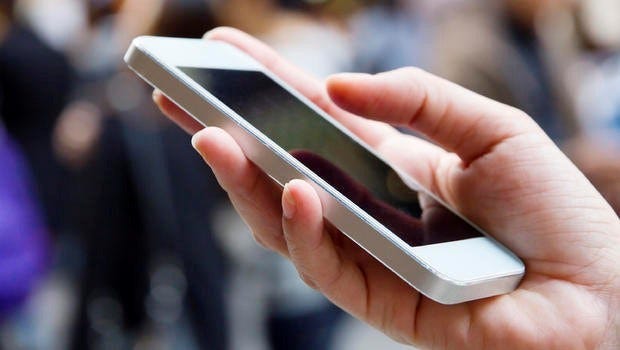The new law requires all phone companies to put this system in place, which Mahoney said will mean phone companies have to try to stop these calls before they reach the consumer. This technology doesn't work for home phones connected to an old-school copper landline; the law calls on the FCC and phone companies to come up with an alternative for those customers.
The FCC also gets more time to fine robocallers and do so without warning them first. The bill also calls for tougher fines when individuals intentionally violate the law and pushes the agency to work with the Justice Department to go after criminals. Over the long term, that could act as a deterrent.
Nonetheless, determined scammers and telemarketers will likely find ways to get through, given the availability of cheap dialing technology and the big potential payoff from victims. Think of how malware on personal computers is still a problem despite antivirus software. Automated callers could circumvent new safety measures by buying or hijacking real numbers to make calls.
"They'll always find ways around this," said Paul Florack, vice president of product management for Transaction Network Services, which runs robocall analytics for Verizon, Sprint and other phone companies.
And not every robocall is considered illegal. Some robocalls are helpful reminders from pharmacies that a prescription is ready, or schools advising a snow day. If you've given written permission, a cable company or cruise line can pitch you with marketing calls that consist of prerecorded messages. While a House version of the measure would have made it harder for legitimate companies to make such calls, that measure was dropped in the version that became law.
The law also does nothing about telemarketing calls that aren't automated. A human can still pester you unless you sign up for the Do Not Call registry, which scammers often ignore anyway.
And even when phone companies have in place the system for verifying Caller ID, not all phones support it. A year ago, T-Mobile started telling customers if the number ringing them was "verified," but it can't do that on Apple's iPhones until after the call has ended. That's because Apple software doesn't allow it, Florack said. Apple didn't reply to a request for comment.
The law says phone companies can't charge extra for blocking robocalls, though it doesn't require that such services or apps be made available to everyone. AT&T's version, for instance, isn't rolled out yet to its 18 million customers on lower-income-skewing prepaid plans.
But ideally, Mahoney said, a consumer wouldn't have to take any action by downloading an app - as the carrier would be able to block calls automatically.










